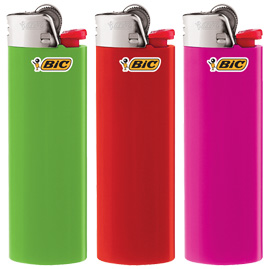When buying bottled fuel for outdoor stoves and mobile heating, it can be difficult to choose between the many types and brands on the market today. As with any consumer decision, people’s strategies differ widely when faced with the overwhelming number of purchasing options that are available at both physical and online stores. Some customers go for the cheapest option while others buy whatever their friends recommend. Although it’s important to be able to trust your friend’s opinion, why not turn to the fuel experts so that you can make the most informed consumer decision possible? Here are the differences between butane and propane, and a few tips on whether one or the other is best for you.
What is Butane?
Butane, or C4H10, is an alkane natural gas derivative which can be found as two different structural isomers, n-butane or isobutane, or a blend of the two. N-butane, such as Puretane butane, is highly refined and is the type of butane that we normally think about when we hear the term. A natural gas liquid, n-butane is a highly flammable hydrocarbon that is used in such diverse products as torches, cigarette lighters, Tiki torches, and portable camping stoves. Isobutane is a methylpropane that is less refined than n-butane. It is used as a refrigerant in domestic refrigerators and freezers and as a propellant in aerosol sprays such as cooking sprays and hairspray.
Like all natural gas, butane is a colorless and odorless hydrocarbon in its natural form. It burns when exposed to oxygen and releases carbon dioxide (chemical formula CO2) and water vapor (chemical formula H2O). N-butane boils at 31 degrees Fahrenheit, though the flames of butane torches can reach up to 2,600 degrees Fahrenheit.

 Cigarette Lighters – Perhaps the most widely known use for butane is in disposable and refillable cigarette lighters. But these pocket-sized lighters are not just for cigarettes. They are easier to use than matches and are ideal for products that do not require a large or extremely hot flame such as lighting decorative and atmospheric candles, burning incense, and smoking tobacco from pipes.
Cigarette Lighters – Perhaps the most widely known use for butane is in disposable and refillable cigarette lighters. But these pocket-sized lighters are not just for cigarettes. They are easier to use than matches and are ideal for products that do not require a large or extremely hot flame such as lighting decorative and atmospheric candles, burning incense, and smoking tobacco from pipes.